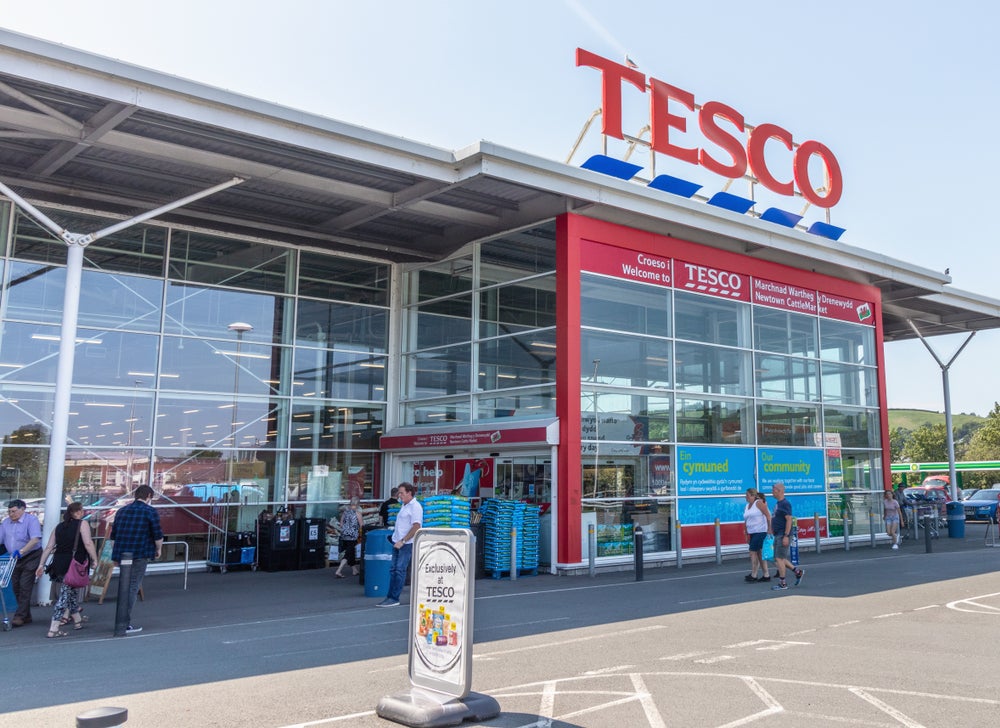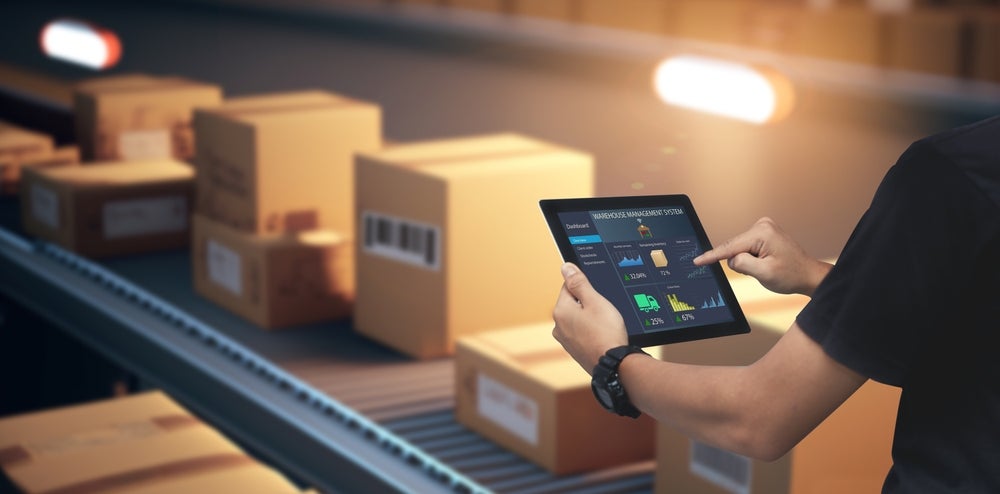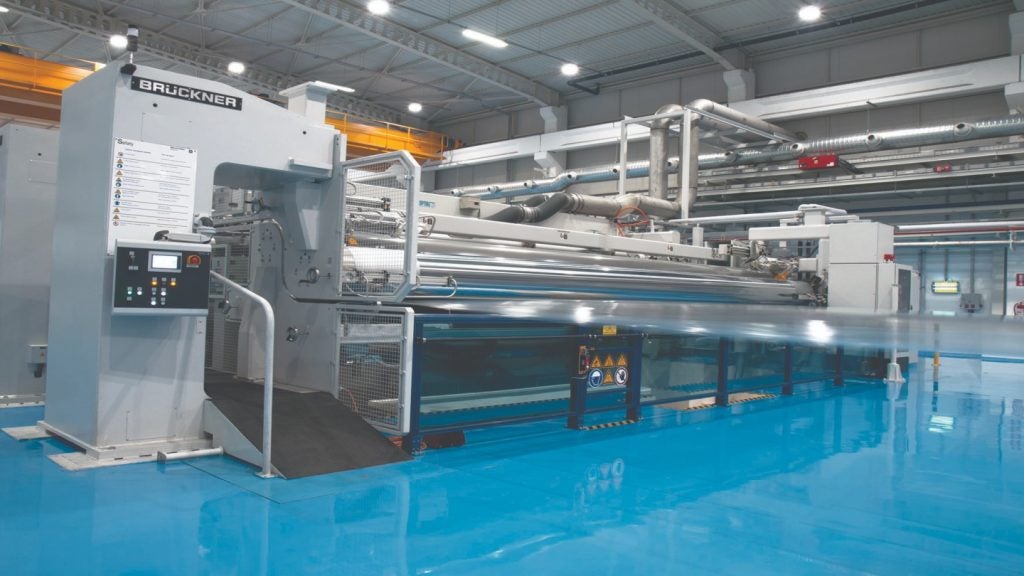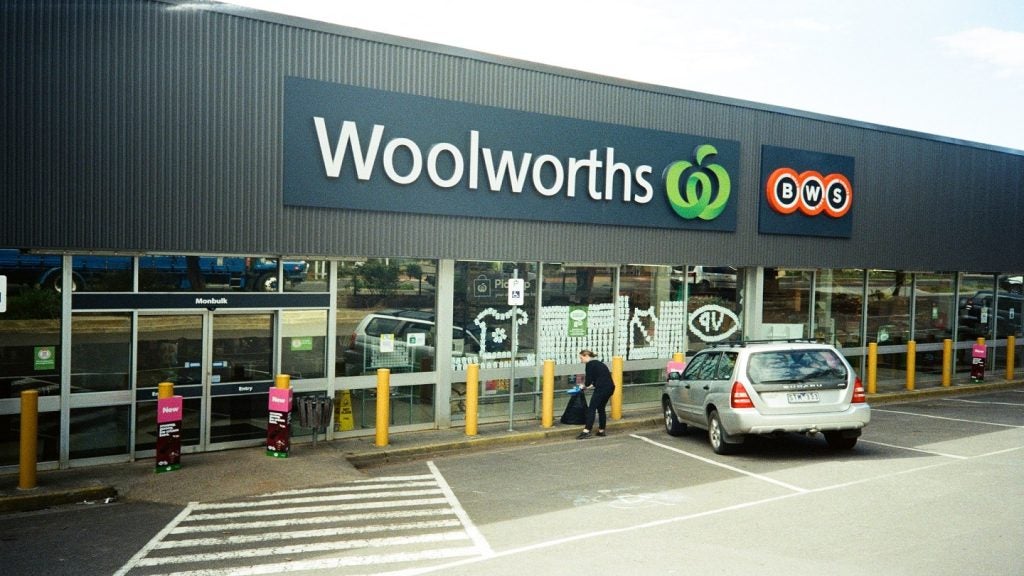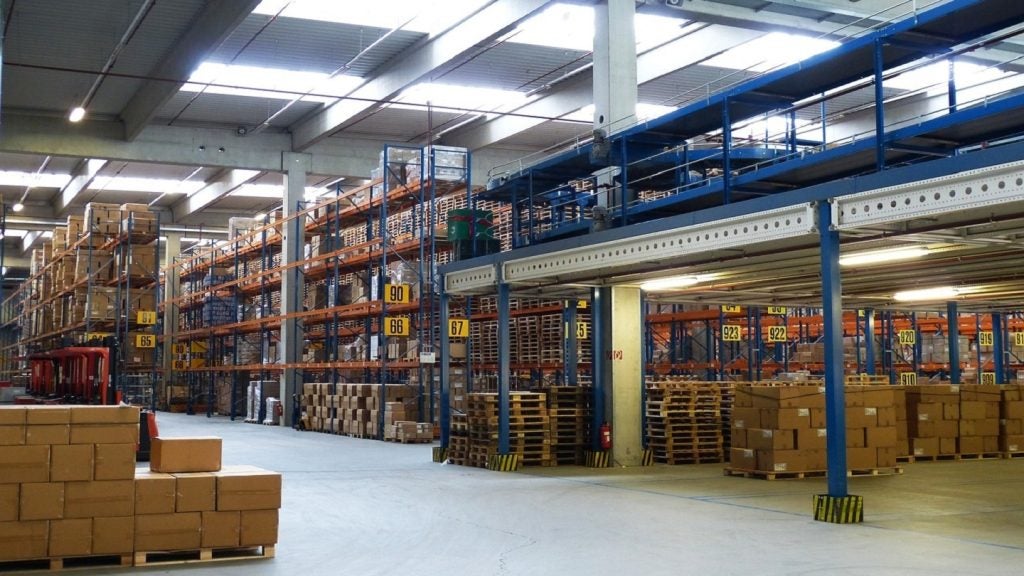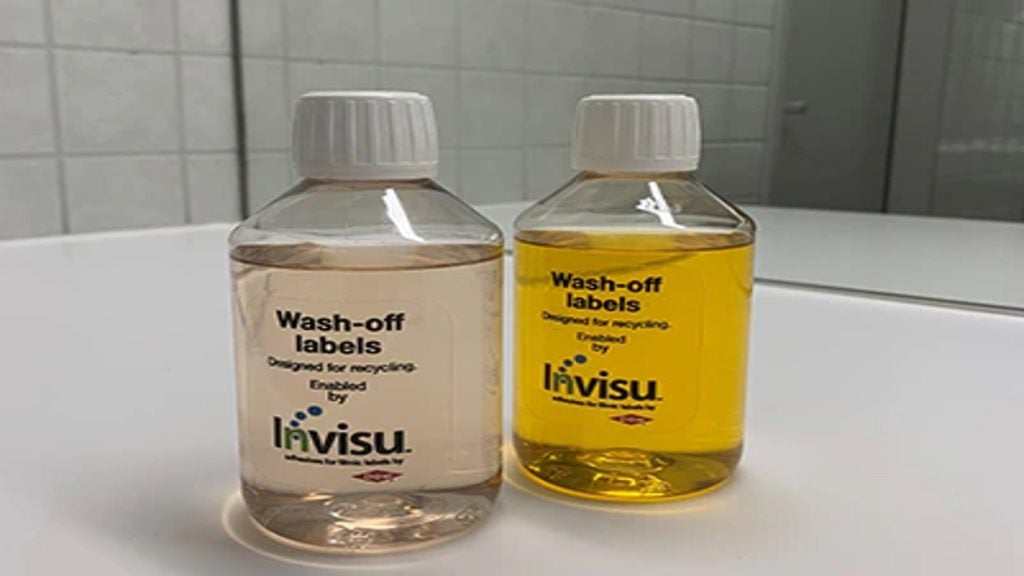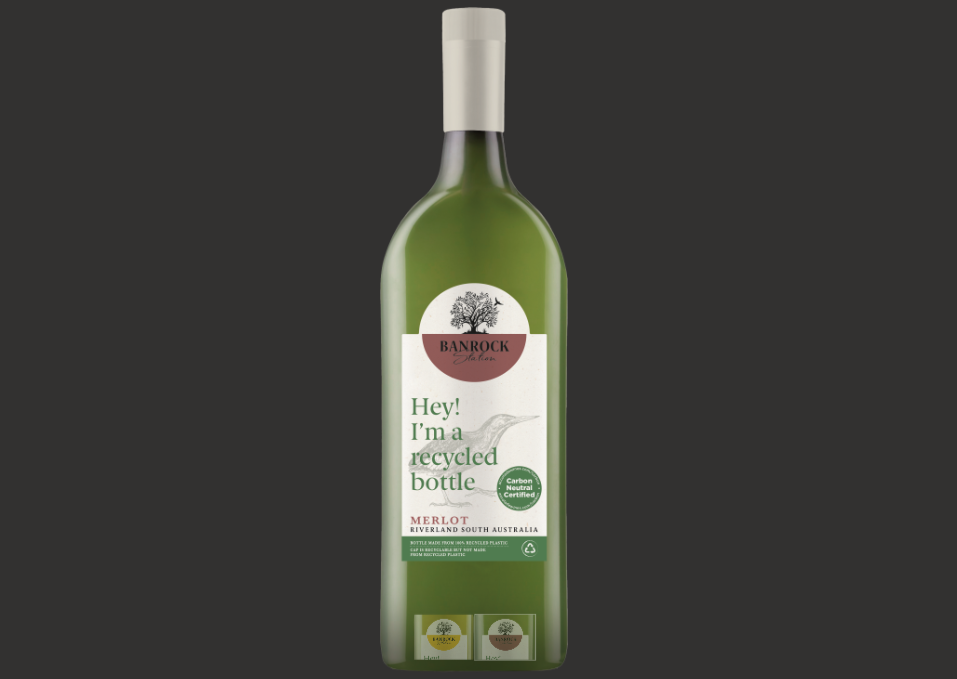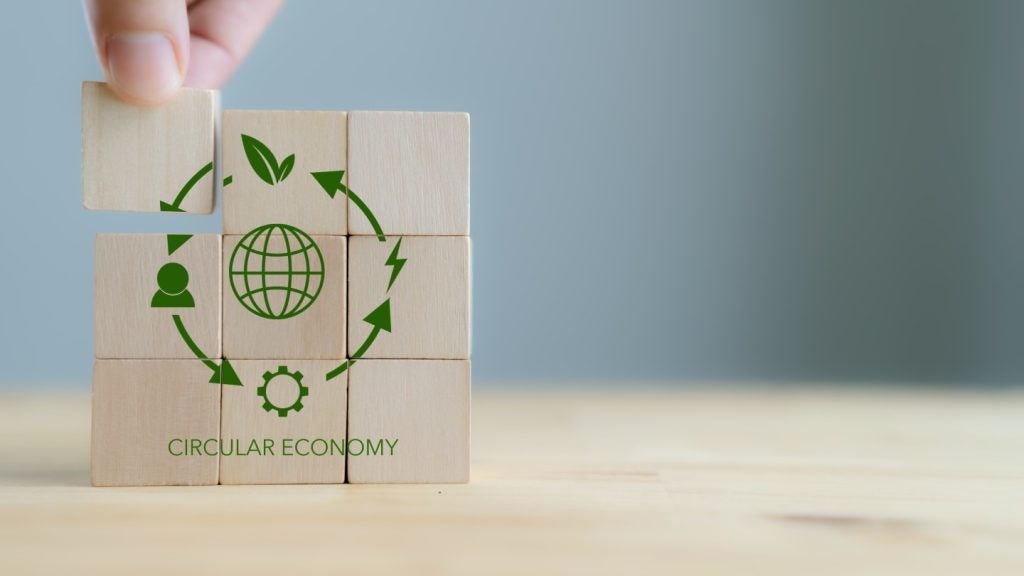Tesco, one of the largest supermarket chains in the UK, has declared its intention to eliminate coloured caps from the packaging of its own-brand milk bottles.
In making this eco-friendly move, Tesco is joining other major retailers such as Lidl, Asda, Aldi, Waitrose and Sainsbury's.
More than 425 million milk bottles will be impacted by Tesco's decision to eliminate coloured caps from their four, two and one-pint bottles. The plastic caps being removed will not go to waste; instead, they will be recycled back into new milk bottles.
This recycling initiative is expected to result in an additional 3,900t of plastic being recycled.
While the coloured caps are going away, Tesco assures customers that they can still differentiate between different types of milk, including full fat, semi-skimmed and skimmed. This will be achieved through the use of coloured blocks on the bottles.
Mixed reactions from shoppers
Although Tesco's move towards environmentally friendly packaging has been met with praise, it has also left some shoppers divided.
Some customers who have experienced this change in their local supermarkets have voiced concerns about the inconvenience of having to remove bottles from the fridge to check the milk type instead of a simple glance.
This shift in packaging is part of a broader trend among retailers to reduce plastic usage. Beyond coloured caps on milk bottles, various companies are taking steps to minimise their environmental footprint.
McDonald's introduced recyclable pressed-paper knives, forks and spoons, aiming to eliminate 858 metric tonnes of plastic waste annually in the UK.
Sainsbury's has removed single-use plastic trays from its chicken range, vacuum packing beef mince to use 55% less plastic and eliminated plastic bags on fruit and veg, encouraging customers to bring their own containers or purchase reusable drawstring bags for 30p.
Most supermarkets have also eliminated 'best before' dates on many fruit and vegetable items to reduce food wastage.
These initiatives collectively reflect the retail industry's commitment to sustainability and reducing plastic waste.


